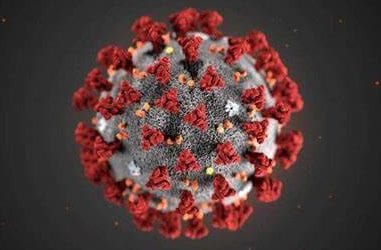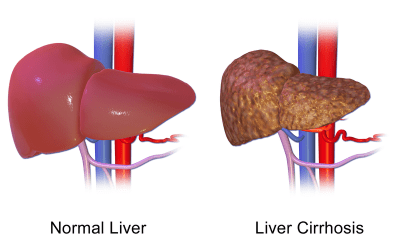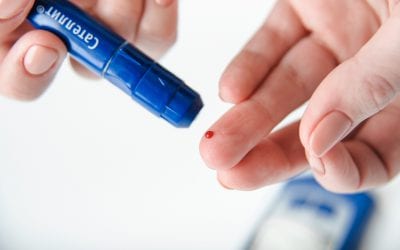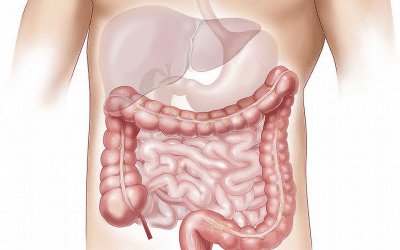News
Myths about the relation between alcohol and COVID-19
In these turbulent and uncertain times, stories quickly circulate about the COVID-19 virus, whether they are true or not. This also applies to its relation with alcohol consumption. The WHO has released a report that debunks a couple of myths.
What is the relation between alcohol consumption and depression? A meta-analysis
Does alcohol consumption influence the risk of depression? A recent meta-analysis, published in the scientific journal Addiction, finds a J-shaped relation: low alcohol consumption is associated with a lower risk of depression, while high alcohol consumption is associated with a higher risk, although insignificant. However, the risk of depression increases by almost 60% for people with alcohol use disorder.
Does alcohol consumption influence what we eat? A systematic-review
Previous research found that moderate alcohol consumption can lead to an increase in food energy intake. But what about the intake of specific macronutrients such as carbs, fat and protein? A recent systematic review, published in Obesity Reviews, found that there seems to be a dose-dependent effect on macronutrient intake. The decrease in carbohydrate intake with heavier alcohol consumption was most consistent.
Effect alcohol consumption on hypertension risk in Asian and Western men: a meta-analysis
High alcohol consumption is associated with a higher risk to develop hypertension. But a recent meta-analysis, published in The Korean Association of Internal Medicine, finds that for Asian men an increased risk is already present when drinking less than two drinks a day compared to lifelong abstinence. For Western men a similar trend is seen, but the risk only increases significantly when drinking more than six glasses a day.
Meta-analysis: women drinking alcohol at higher risk for liver cirrhosis compared to men
Heavy chronic alcohol consumption is a known risk factor for developing liver cirrhosis. According to the Global Status Report on Alcohol and Health from the WHO, about half of the liver cirrhosis burden of morbidity and mortality would disappear in a world without alcohol. But what about moderate alcohol consumption? A recently published meta-analysis in the American Journal of Gastroenterology found that for women even one drink a day is associated with an increased risk to develop liver cirrhosis. The risk for men is less pronounced. Women may be at higher risk compared to men even with little alcohol consumption. More high-quality research is necessary to elucidate the role of other risk factors.
Meta-analysis on alcohol consumption and the risk of nasopharyngeal cancer
Alcohol consumption can increase the risk of certain cancer types, including cancers of the head and neck. A meta-analysis, published in Alcoholism: Clinical and Experimental Research, focussed solely on nasopharyngeal cancer and found that alcohol consumption is indeed associated with increased risk. However, it also found that consuming less than 7 drinks a week might decrease the risk. Nevertheless, these results should be handled very carefully, because many factors could have influenced this association.
Meta-analysis investigates hypothesis that alcohol reduces stress reaction
Throughout history, there is a belief that alcohol consumption can reduce the emotional response in a stressful situation. But is that scientifically proven? A recent meta-analysis, published in Psychology of Addictive Behaviors, looked at more than 50 experiments and indeed found some evidence that alcohol reduces the emotional response to a stressor. However, many questions remain.
Moderate alcohol consumption: one of the dietary factors that reduces the risk of type 2 diabetes
Today is World Diabetes Day; the moment to reflect on the evidence on how to reduce the risk of type 2 diabetes with our diet. Many studies have looked at the role of diet on developing type 2 diabetes, but a lot of uncertainty remains. A recent umbrella review, published in the BMJ, collected all the meta-analyses on diet and diabetes, and estimated the quality of the evidence. They looked at many factors, but the evidence for a risk-reduction was only of high quality for whole grains, cereal fibre and moderate alcohol consumption. There is also high-quality evidence that consuming red meat, processed meat, bacon, and sugary drinks increases the risk.
Meta-analysis: no negative effect of moderate alcohol consumption on colorectal cancer survival
Colorectal cancer is the fourth most common cause of cancer-related deaths worldwide. There seems to be a J-shaped relation between alcohol consumption and the development of colorectal cancer: heavy alcohol consumption increases the risk, but moderate alcohol consumption might cause a slight decrease. But what about the effect on cancer survival? According to a recent meta-analysis, published in Cancer Epidemiology, Biomarkers & Prevention, moderate alcohol consumption might also be associated with an increased survival chance.
Does moderate alcohol consumption decrease risk of kidney damage?
Most of the alcohol we consume is broken down by the liver, but around five percent leaves the body via breath, sweat or urine. The fact that alcohol leaves the body partly through the kidneys raises the question whether this influences the risk of kidney damage. A recent meta-analysis, published in Alcoholism: Clinical and Experimental Research, finds a non-significant increased risk with heavy alcohol consumption, but a decreased risk when alcohol is consumed in moderation. However, the authors give some critical side notes to these results.










